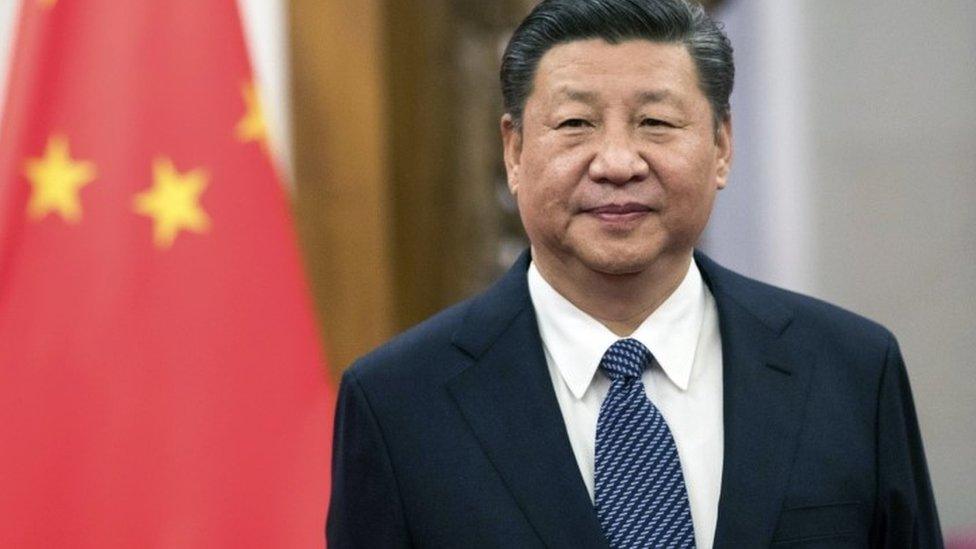- Courses
- GS Full Course 1 Year
- GS Full Course 2 Year
- GS Full Course 3 Year
- GS Full Course Till Selection
- Answer Alpha: Mains 2025 Mentorship
- MEP (Mains Enrichment Programme) Data, Facts
- Essay Target – 150+ Marks
- Online Program
- GS Recorded Course
- Polity
- Geography
- Economy
- Ancient, Medieval and Art & Culture AMAC
- Modern India, Post Independence & World History
- Environment
- Governance
- Science & Technology
- International Relations and Internal Security
- Disaster Management
- Ethics
- NCERT Current Affairs
- Indian Society and Social Issue
- NCERT- Science and Technology
- NCERT - Geography
- NCERT - Ancient History
- NCERT- World History
- NCERT Modern History
- CSAT
- 5 LAYERED ARJUNA Mentorship
- Public Administration Optional
- ABOUT US
- OUR TOPPERS
- TEST SERIES
- FREE STUDY MATERIAL
- VIDEOS
- CONTACT US
Centre lifts ban on Govt staff joining RSS activities
Centre lifts ban on Govt staff joining RSS activities
31-08-2024
- In July 2024, the Indian government lifted a ban that restricted public servants from participating in activities of the Rashtriya Swayamsevak Sangh (RSS).
- The Department of Personnel and Training (DoPT) issued this decision, removing mentions of the RSS from official memorandums from the years 1966, 1970, and 1980.
- This circular applies only to central government employees.
- State governments have separate Conduct Rules for their employees and issue relevant instructions independently.
Rules About Government Employees Joining RSS
- DoPT's Directive: The DoPT announced the removal of the RSS references in the Official Memorandums (OM) from 1966, 1970, and 1980.
- The RSS is no longer classified as a "political" organization. Central government employees can now participate in RSS activities without violating Rule 5(1) of the Conduct Rules.
- However, this change does not apply to the Jamaat-e-Islami, which remains categorized as a political organization, barring government officials from its activities.
- Rule 5 of the Central Civil Services (Conduct) Rules, 1964: This rule prohibits government employees from joining political parties or engaging in political activities.
Overview of Official Memorandums (OM) from 1966, 1970, and 1980
OM of 1966:
- Issued on November 30, 1966, by the Ministry of Home Affairs (MHA).
- This circular clarified the government's stance against employees participating in the RSS and Jamaat-e-Islami, citing these activities as against government policy.
- The circular referenced Rule 5 of the Central Civil Services (Conduct) Rules, 1964, warning of disciplinary actions against those involved with these organizations.
- A similar rule exists under the All India Services (Conduct) Rules, 1968, for IAS, IPS, and Indian Forest Service officers.
OM of 1970:
- On July 25, 1970, the MHA reiterated that government employees should face disciplinary measures for breaching the 1966 instructions.
- During the Emergency period (1975-1977), the government directed actions against members of several organizations.
- These include the RSS, Jamaat-e-Islami, Ananda Marg, and Communist Party of India (Marxist–Leninist) Liberation (CPI-ML), whose activities were banned at the time.
OM of 1980:
- On October 28, 1980, a directive was issued emphasizing the need for a secular outlook among government employees and the elimination of communal biases.
Position Before 1966
- Before 1966, government employees were governed by the Government Servants' Conduct Rules of 1949, which explicitly (in a clear and detailed manner) barred (banned) participation in political activities.
- This prohibition was reiterated in Rule 23 of the 1949 rules, which aligns with Rule 5 of the Central Civil Services (Conduct) Rules, 1964, and the All-India Services (Conduct) Rules, 1968.
Penalties for Rule Violations
- Violating Rule 5 of the Central Civil Services (Conduct) Rules, 1964, or the All India Services (Conduct) Rules, 1968, can lead to severe consequences, including dismissal from service.
- Both rules stipulate (specify) that if there is any doubt regarding a party's political nature or an activity's compliance, the government's decision is final.
About Rashtriya Swayamsevak Sangh (RSS)
- The Rashtriya Swayamsevak Sangh (RSS) is a Hindu nationalist volunteer organization established in 1925 in Nagpur by Dr. K.B. Hedgewar.
- It was created in response to perceived (considered) threats to Hindu culture and society, particularly during British rule in India.
- The RSS aims to promote the concept of Hindutva, emphasizing Hindu cultural and national identity.
- Pre-Independence Period: The RSS played a key role in mobilizing social and cultural activities among Hindus. It concentrated on community service, education, and the promotion of Hindu values.
- Post-Independence Era: After India gained independence in 1947, the RSS came under scrutiny, particularly after Mahatma Gandhi was assassinated by Nathuram Godse in 1948.
- The organization was banned temporarily but was later allowed to resume activities.
- Ideology: The RSS’s core ideology influenced by Vinayak Damodar Savarkar and it holds that India is fundamentally a Hindu nation.
- It emphasizes the importance of preserving Indian culture and heritage, striving to unite people under a common national identity.
- The organization is involved in various social service activities, including education, healthcare, and disaster relief, promoting the concept of "Seva" (service) among its members.
- Contribution to the Freedom Struggle: Although the RSS did not actively participate in the Indian independence movement, it contributed to the socio-political awakening among Hindus.
-
History of Bans on RSS:
- 1948: Banned after Gandhi's assassination; reinstated in 1949 after the organization pledged loyalty to the Constitution.
- 1966: Ban on government employees joining the RSS, reiterated in 1970 and 1980.
- 1975-1977: Banned during the Emergency imposed by Indira Gandhi; ban lifted in 1977.
- 1992: Banned following the Babri Masjid demolition; ban lifted in 1993 after a commission found the ban to be unjustified.
- Structure and Operations: The RSS functions through a widespread network of shakhas (branches) across India and abroad, focusing on physical, intellectual, and cultural training.
- It has inspired the creation of various other organizations, including the Vishva Hindu Parishad (VHP), Bajrang Dal, and Akhil Bharatiya Vidyarthi Parishad (ABVP).
About the Jamaat-e-Islami
- Founded in 1941 in British India by Abul A'la Maududi. It is a socio-religious and political organization.
- It focuses on promoting Islamic values and implementing Islamic principles in both society and governance. The organization advocates for establishing an Islamic state governed by Sharia law.
- The Government of India officially banned Jamaat-e-Islami Jammu and Kashmir in March 2019 under the Unlawful Activities (Prevention) Act (UAPA).
- UAPA was passed in 1967. It aims at effective prevention of unlawful activities associations in India.
- Unlawful activity refers to any action taken by an individual or association intended to disrupt the territorial integrity and sovereignty of India.
Ananda Marga
- Ananda Marga was established in 1955 by Prabhat Ranjan Sarkar. It is a socio-spiritual organization known for its Progressive Utilization Theory (Prout).
- Prout is a socio-economic model that emphasizes the physical, mental, and spiritual development of all individuals.




